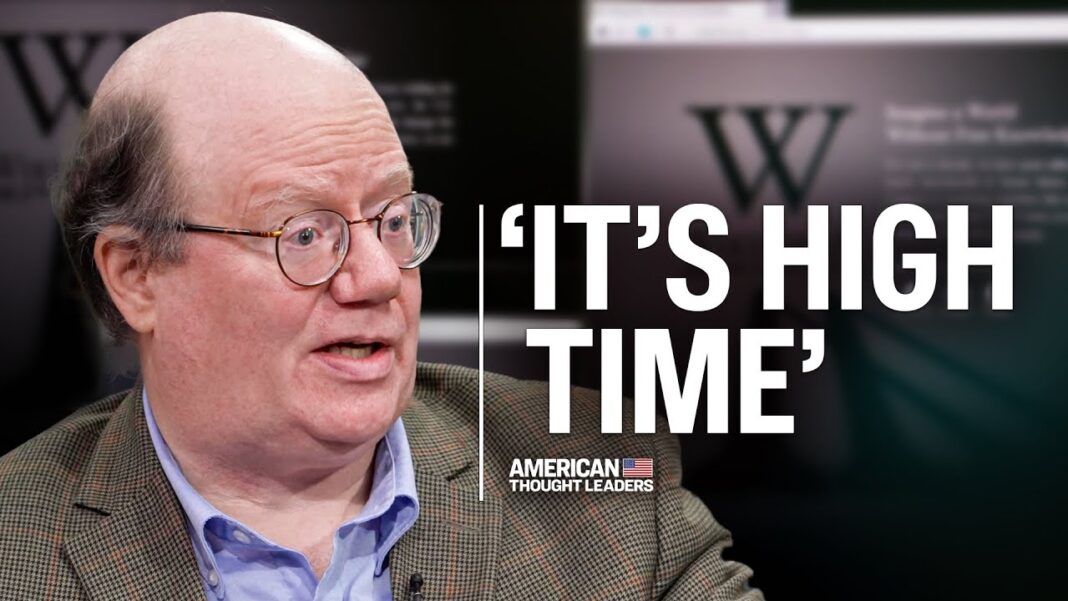U.S. officials said Beijing is forcing the world to decouple from China, which would be to the communist country’s detriment.
Stock market volatility won’t influence the United States’ decision to respond with “strong measures” against Beijing’s aggressive move to restrict rare earth exports, U.S. Treasury Secretary Scott Bessent said on Oct. 15.
“If we have to take strong measures against the Chinese, we won’t negotiate because the stock market is going down; we will negotiate because we are doing what is best economically for the U.S.,” Bessent said on CNBC.
Bessent was responding to a Wall Street Journal report that noted Beijing may be hoping for a repeat of the April stock market dip, believing it would force U.S. President Donald Trump’s hand.
“President Trump, he likes a high stock market. But he, like me, believes a high stock market is a result of policy,” Bessent said.
Trump and officials have previewed various retaliatory measures if the Chinese Communist Party (CCP) follows through with its plan to severely restrict rare earths trade globally.
During an Oct. 15 press conference, U.S. Trade Representative Jamieson Greer said Beijing’s Oct. 9 rare earths export control announcement was “not proportional retaliation” to anything the United States or other countries have proposed.
“It is an exercise in economic coercion on every country in the world,” Greer said.
The new rare earths control regime would require Beijing’s approval for the trade of any item made anywhere if it contains at least 0.1 percent of rare earths sourced from or processed in China.
“Obviously, neither we nor our allies will go along with that kind of system,” Greer said.
Beijing Prompts Decoupling
Greer and Bessent refuted Beijing’s narrative that its trade actions are only responses to U.S. actions, pointing to the timeline that began in April with Trump’s global reciprocal tariffs.
Trump had imposed tariffs on countries around the world to address the trade deficit. In China’s case, additional tariffs were imposed in response to the CCP’s refusal to cooperate on restricting the export of fentanyl precursors.
The tariffs were largely delayed in their implementation, giving countries time to negotiate favorable trade deals.
But Beijing responded with a round of rare earth magnet restrictions before coming to the table for talks, and continued to slow-walk the resumption of exports even after it agreed to do so.







